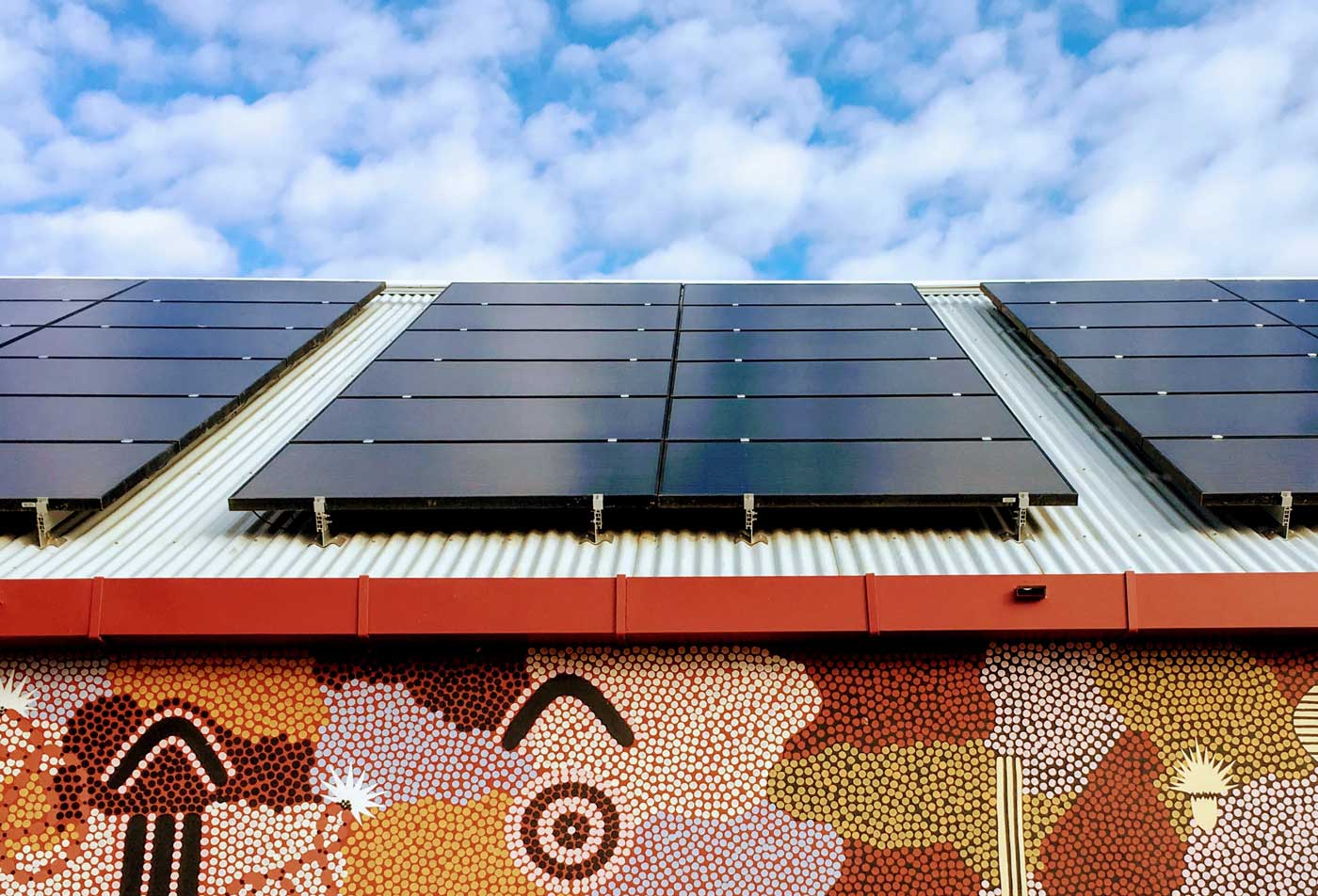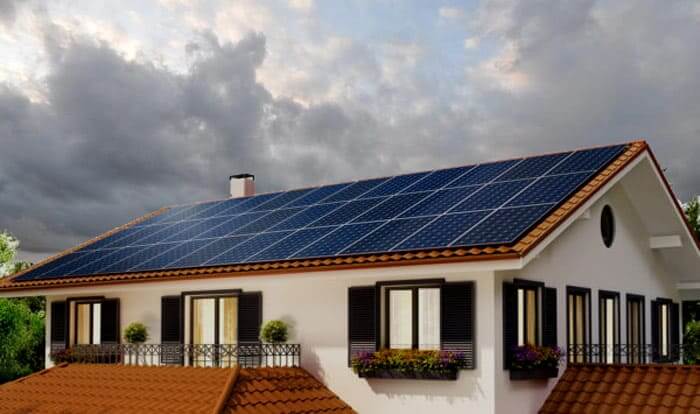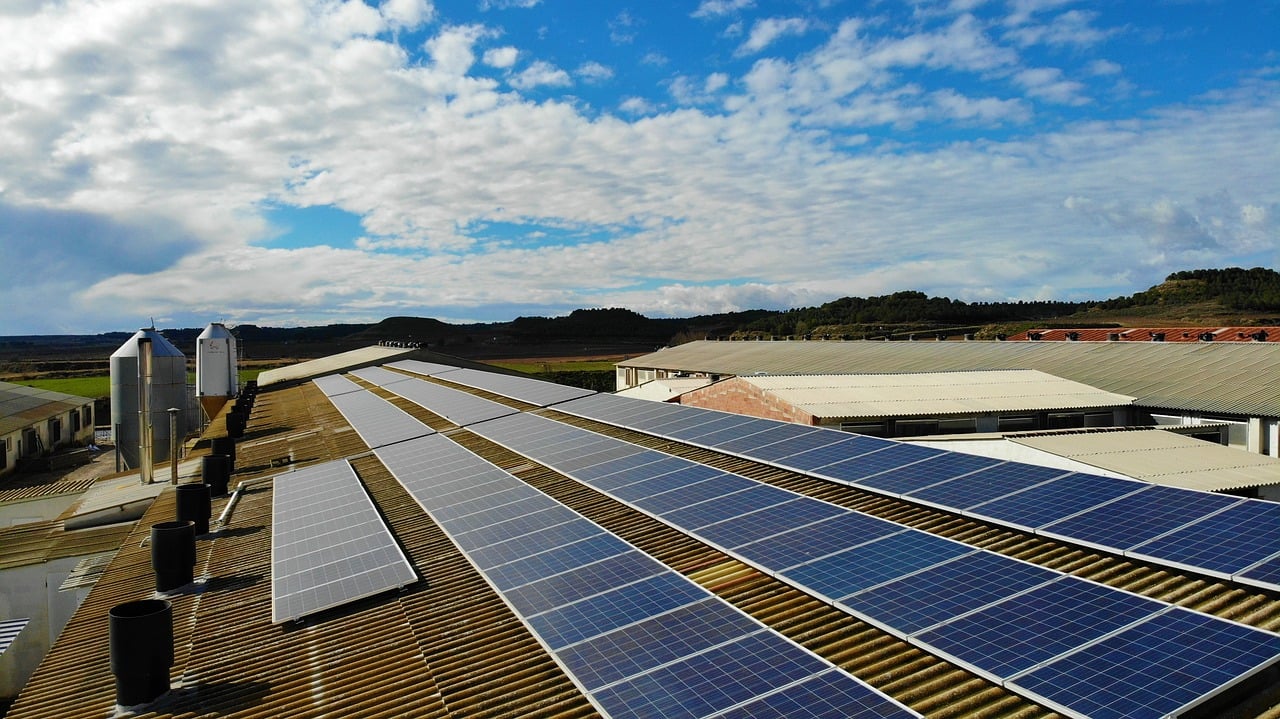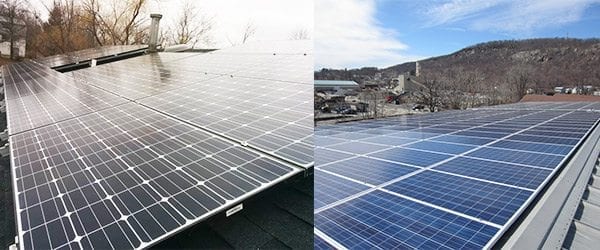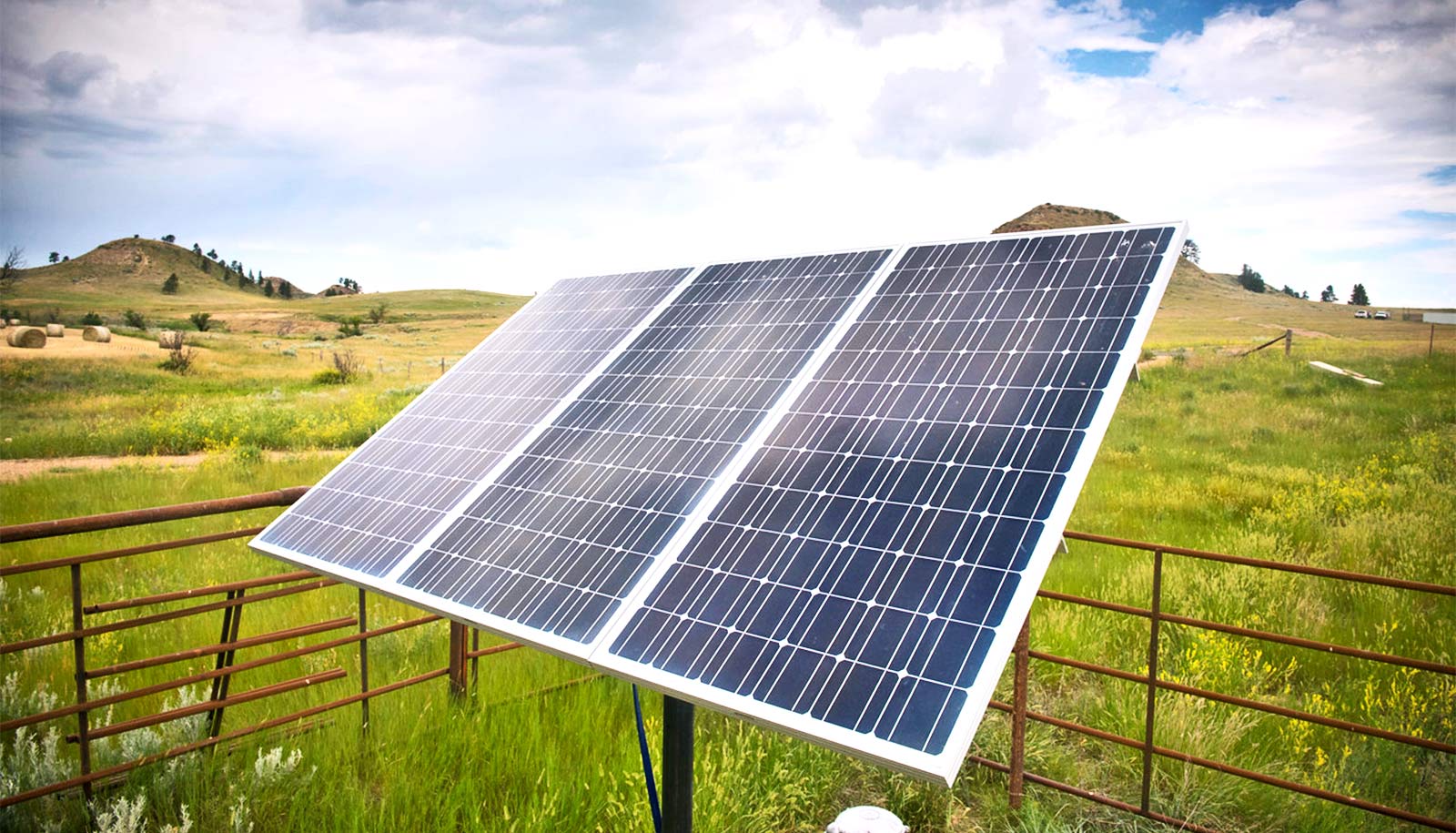The simple answer is that solar panels do work on cloudy days they just do not perform as well as they would on a bright sunny day.
Solar panel output under dark black clouds.
Some kinds of panels are better at receiving diffuse light.
At noon the effect of various cloud types on panel production range from almost no loss for wispy cirrus clouds to 30 percent or so less than optimal for typical dark rain clouds.
It just reduces the output of energy.
How much do clouds matter.
Though estimates range solar panels will generate about 10 25 of their normal power output on a cloudy day.
Yet when the sun shines through the clouds solar panels still get direct sunlight plus light.
The thing is when clouds cover the sun the solar system doesn t stop working producing power.
Hidm these solar panels are monocrystalline and their cells reach high efficiency up to 19 89.
Kinverch 100 watts 12 volts solar panel is an excellent product for cloudy days.
Bigger is not always better.
Before sunset when the sun was again hidden by trees but in an otherwise clear sky the solar panel was producing power at 15 of its peak.
Hiku these solar panels are polycrystalline with high power output up to 405w.
Solar panels can still can produce 10 25 of their typical output on a cloudy day.
Maxpower these are 72 cell panels polycrystalline.
Yes just not quite as well on a cloudy day typical solar panels can produce 10 25 of their rated capacity.
As the sun moves into a hole between the clouds your photovoltaic panels will see something wonderful.
Every home solar system is custom designed with software by an engineer.
It would be accurate to say that solar panels do not work as well in rainy or cloudy weather.
The exact amount will vary depending on the density of the clouds and may also vary by the type of solar panel.
All black these panels have a black finish and are monocrystalline.
The mid to late afternoon frequent heavy dark clouds in an otherwise blue sky resulted in about a 30 reduction in solar power production.
The solar panel offers numerous and incredible features that make it one of the most popular solar panels in the market.
They will see complete direct sunlight plus reflected light from the clouds.
The impacts of clouds on a solar panel might then produce peaks at or above 50 percent more than its direct sun output.
The thicker the clouds the less power the system will produce.
The best solar panels for your situation are highly dependent on the two factors below.

